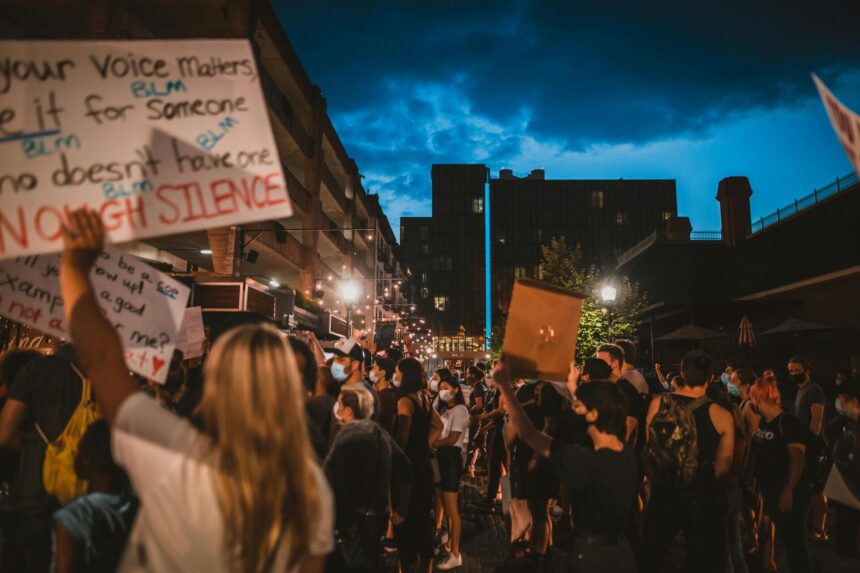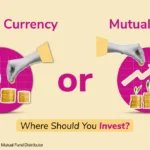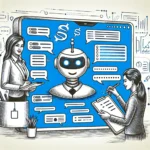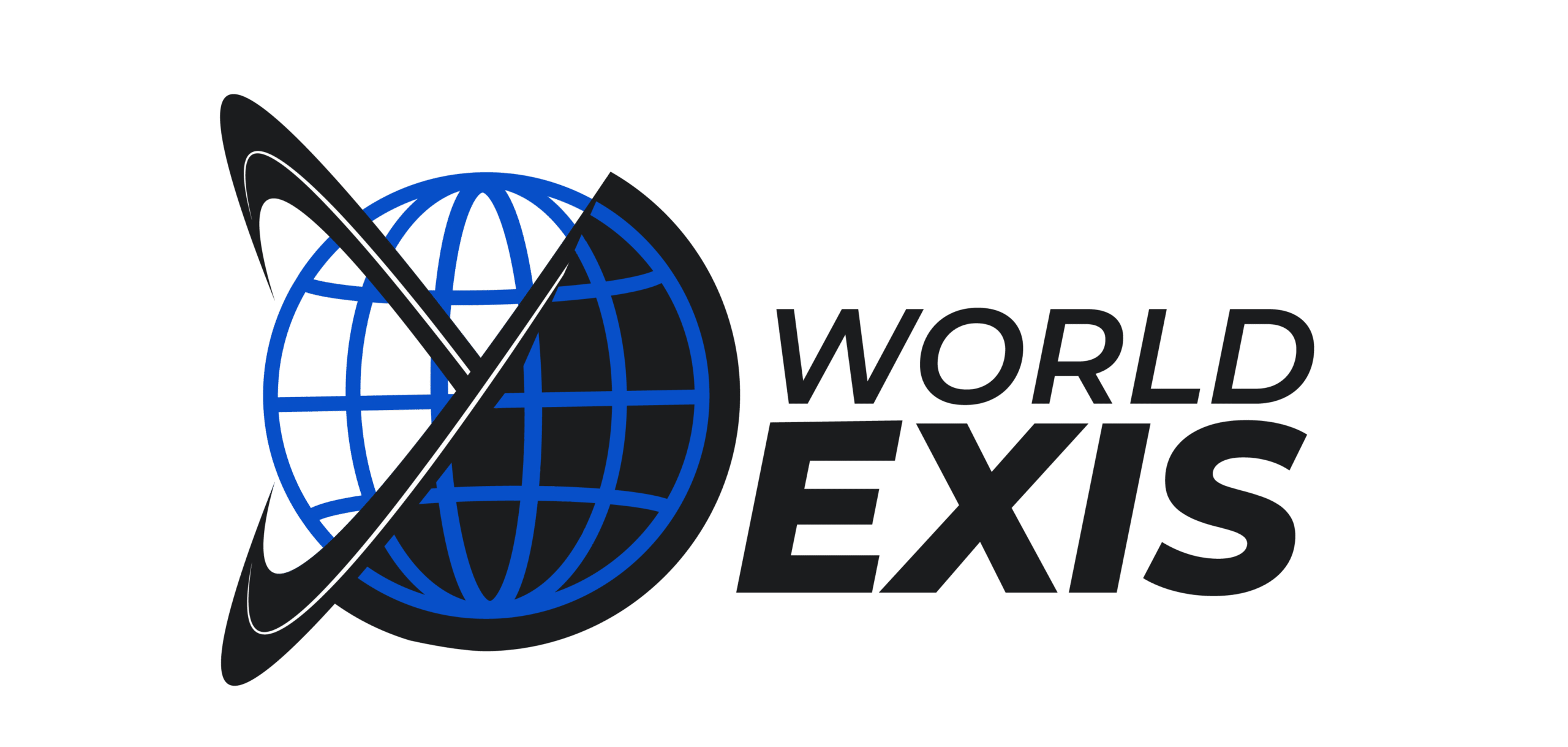In today’s hyper-connected world, opinions—whether from media, experts, or social influencers—dramatically shape political discourse. This SEO-optimized article examines how different sources of opinion influence shaping public understanding and policy, supported by scholarly insights and real-world data.
1. Media as the Gatekeeper of Political Agendas
- Agenda-Setting Power
Media don’t just report events; they guide what the public perceives as important. Frequent coverage of a topic raises its prominence in public minds, influencing voter priorities. - Shaping Interpretations and Norms
Priming, framing, and repeated narratives socially condition how people interpret issues, from migration to political trust. - Perceptions from Politicians
Across European democracies, politicians often feel the media dominate public agendas and influence political careers—sometimes against the public interest.
2. Opinion Leaders: The Human Echo Chambers
- Two-Step Flow Theory
Most people rely on trusted opinion leaders to interpret media content. These influencers make complex political narratives more relatable and impactful. - Social Influencers in Politics
Social media personalities—officially termed “news influencers”—increasingly shape political messages. Pew’s study finds right-leaning influencers slightly outnumber left-leaning ones, and one in five Americans cite such figures as news sources. - Opinion Leaders in Crisis
During crises like COVID-19, trusted voices (e.g., public officials, experts) steered public emotions and shaped evolving narratives more than anonymous sources. - Opinion Formation as Social Contagion
People mimic the behavior of trusted leaders. When influencers adopt a stance, followers often follow—accelerating opinion formation across networks.
3. Social Media: Echo Chambers and Political Polarization
- Echo Chamber Risks
Social platforms often reinforce existing beliefs by filtering content—a dynamic that accelerates polarization and drowns out opposing views. - Search and Algorithmic Bias
Social media algorithms may amplify certain viewpoints through skewed search rankings, subtly influencing user perceptions and opinions. - Inattention and Polarization
A media environment rich in sensationalism or partisanship tends to diminish reasoned discourse and promote emotionally driven decisions.
4. Opinion Formation and Public Representation
- Elite Discourse & Mass Opinion
John Zaller’s foundational theory argues public opinion largely emerges from how receptive individuals are to elite messaging—not random attitudes. - Perceptions vs. Reality in Politicians
Research shows leaders, contrary to belief, often lack accurate insight into public opinion—sometimes misreading what their constituents truly care about. - Latent Opinion Activation
Media and social platforms don’t just reflect public views—they activate potential latent opinions, inspiring action like voting or civic engagement.
5. Real Voices Reflect the Struggle
On Reddit:
“Politicians absolutely shape public opinion… but effectiveness depends on social conditions and media framing.”
Another user observes:
“Media in any form—books, news, even music—shape political attitudes early in life… and deepens echo chamber effects.”
Summary Table
| Source of Opinion | Role in Political Influence |
|---|---|
| Mass & Social Media | Sets which issues matter, shapes frames, and activates latent opinions. |
| Opinion Leaders | Interpret messages, steer public sentiment, and facilitate ideology adoption. |
| Social Media Algorithms | Create echo chambers, reinforce polarization, and introduce content bias. |
| Political Elites | Often misjudge public mood; rely on cues from media and influencers. |
| Media Bias & Framing | Highlight and normalize narratives, marginalize dissenting views. |
Final Thoughts
In the current political landscape, opinions are shaped through a complex interplay between media narratives, social influencers, and elite commentary—often filtered through algorithms and network biases. Understanding who shapes political thought—and how—matters for anyone interested in democracy, policy, or public action.
